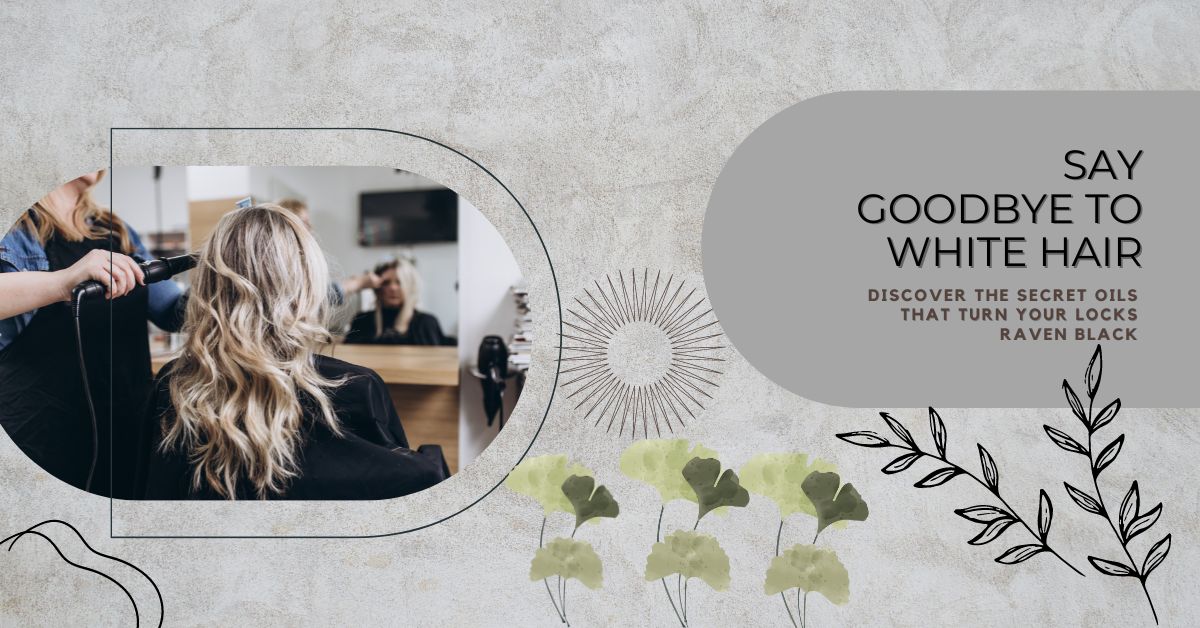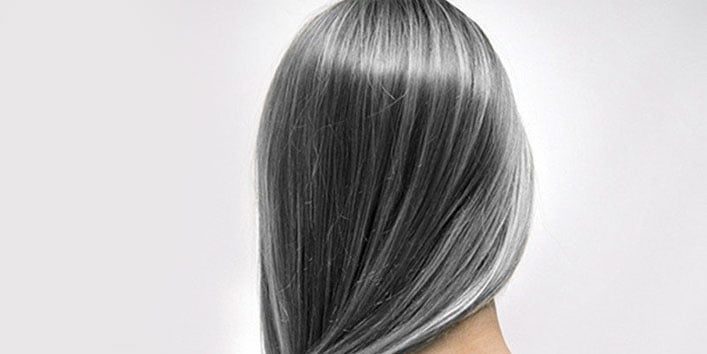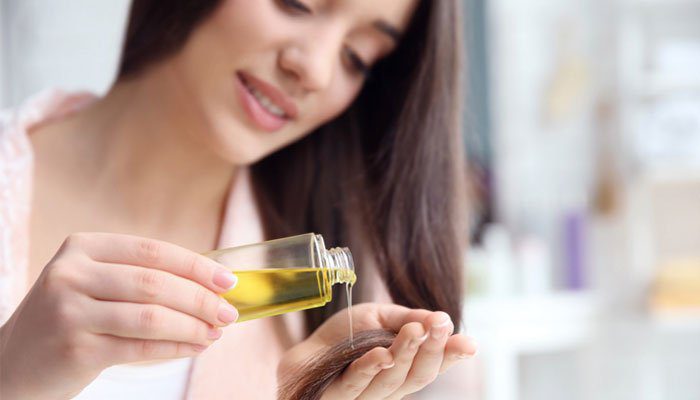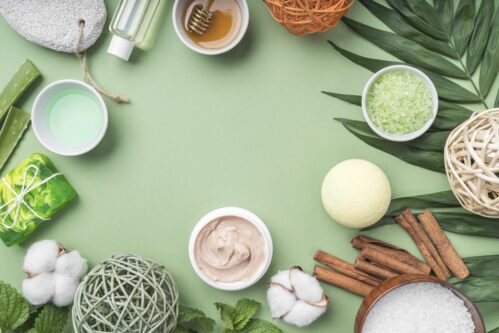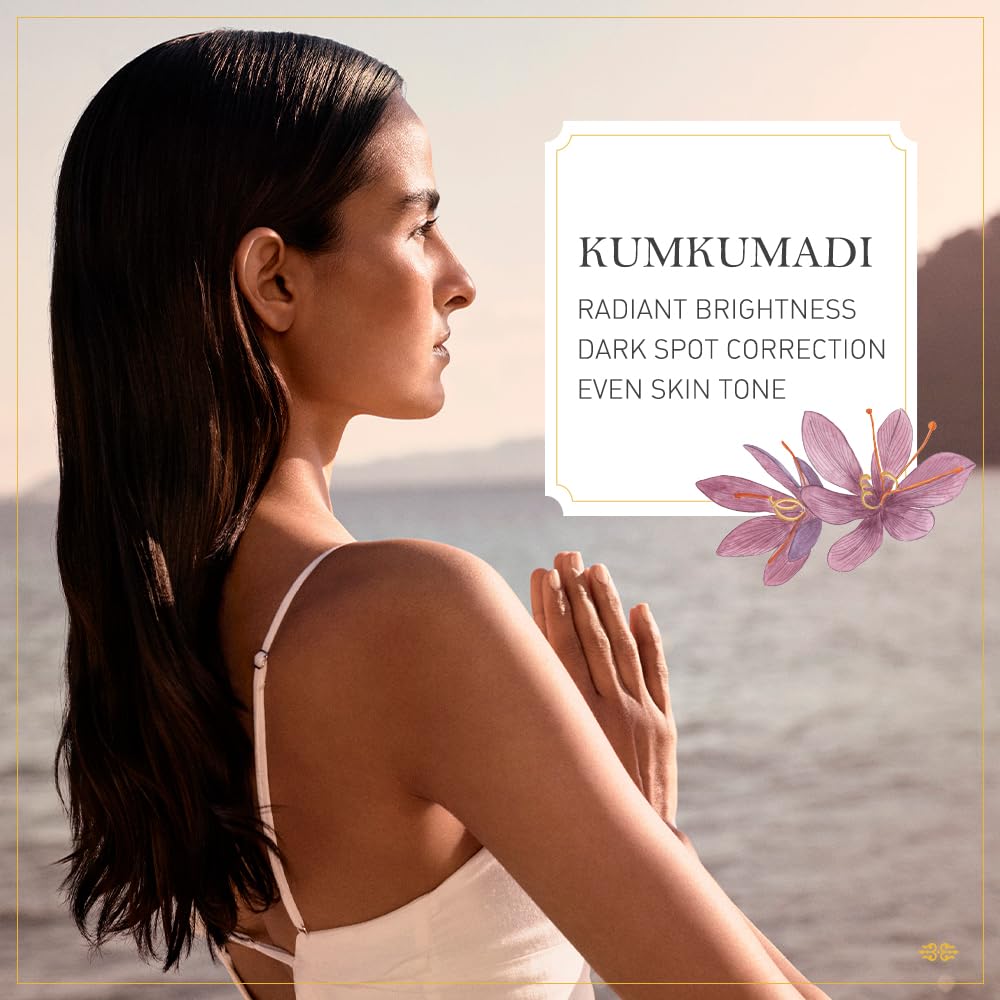If you’re one of the many individuals grappling with the frustration of white hair, you’re not alone. White hair, often associated with ageing, can be a blow to one’s confidence and self-esteem. But fear not, because there’s hope! In this article, we delve into the secrets of natural oils that have been proven to reverse white hair, restoring your mane to its former glory.
Understanding White Hair
Causes of White Hair
White hair occurs due to a decrease in melanin production within the hair follicles. Melanin is the pigment responsible for giving hair its colour, and when its production decreases, the hair appears white or grey. Several factors contribute to this reduction in melanin production:
- Ageing: The most common cause of white hair is ageing. As we age, the pigment cells in our hair follicles gradually die off, leading to a loss of colour.
- Genetics: Genetics play a significant role in determining when and how rapidly someone’s hair turns white. If your parents or grandparents experienced premature greying, you may be more likely to as well.
- Hormonal Changes: Fluctuations in hormones, such as those that occur during puberty, pregnancy, or menopause, can influence melanin production and contribute to white hair.
- Stress: While there’s no direct scientific evidence linking stress to white hair, prolonged stress can accelerate the ageing process, including premature greying.
- Nutritional Deficiencies: Deficiencies in certain vitamins and minerals, particularly vitamin B12 and iron, can affect melanin production and lead to premature greying.
- Smoking: Studies suggest that smoking may increase the risk of premature greying, possibly due to its harmful effects on hair follicles and circulation.
- Medical Conditions: Certain medical conditions, such as thyroid disorders, vitiligo, and alopecia areata, can affect melanin production and result in white hair.
Factors Contributing to Premature Greying
Premature greying, or the early onset of white or grey hair, can be attributed to various factors beyond natural ageing. Here are some key contributors to premature greying:
- Genetics: Family history plays a significant role in determining when someone’s hair begins to turn grey. If your parents or grandparents experienced premature greying, you may be more prone to it as well.
- Stress: While stress alone may not directly cause hair to turn grey, it can accelerate the process. Chronic stress triggers the release of hormones like cortisol, which can interfere with melanin production and lead to premature greying.
- Nutritional Deficiencies: A diet lacking essential nutrients, particularly vitamin B12, iron, copper, and zinc, can impact melanin synthesis and contribute to premature greying.
- Smoking: Studies have linked smoking to premature greying. The harmful chemicals in cigarettes can damage hair follicles and impair melanin production, leading to premature loss of pigment.
- Medical Conditions: Certain health conditions, such as autoimmune diseases like vitiligo and thyroid disorders, can affect melanin production and cause premature greying.
- Hormonal Changes: Fluctuations in hormone levels, such as those occurring during puberty, pregnancy, or menopause, can influence melanin production and accelerate the onset of grey hair.
- Environmental Factors: Exposure to environmental pollutants, UV radiation, and toxins can damage hair follicles and contribute to premature greying.
The Role of Oils in Hair Care
Benefits of Using Oils for Hair
Natural oils have been used for centuries to nourish and enhance the health of hair. Incorporating oils into your hair care routine can offer a multitude of benefits:
- Moisture Retention: Oils act as natural emollients, sealing moisture into the hair shaft and preventing dryness and brittleness.
- Hair Conditioning: Oils contain fatty acids that soften and condition the hair, making it more manageable and less prone to breakage.
- Scalp Health: Massaging oil into the scalp can improve circulation, nourish the hair follicles, and promote a healthy scalp environment, reducing issues like dandruff and itchiness.
- Strengthening: Some oils, such as coconut oil and castor oil, are rich in nutrients like vitamins and minerals that strengthen the hair follicles and prevent hair loss.
- Protection: Oils form a protective barrier around the hair shaft, shielding it from environmental damage, heat styling, and harmful UV rays.
- Enhanced Shine: Regular oil treatments can add shine and lustre to dull, lacklustre hair, giving it a healthy and vibrant appearance.
- Promotion of Hair Growth: Certain oils, like rosemary oil and peppermint oil, have been shown to stimulate hair growth by improving circulation and promoting the proliferation of hair follicles.
- Colour Preservation: For those with coloured or chemically-treated hair, oils can help maintain vibrancy and prevent premature fading by sealing the cuticle and locking in colour molecules.
Types of Oils Effective for Reversing White Hair
- Coconut Oil: Renowned for its moisturizing properties, coconut oil penetrates deep into the hair shaft, nourishing the scalp and hair follicles. Rich in antioxidants and lauric acid, coconut oil stimulates hair growth, prevents protein loss, and helps restore natural hair colour.
- Castor Oil: Packed with vitamin E, minerals, and omega-6 fatty acids, castor oil is a potent remedy for white hair. It strengthens the hair shaft, promotes hair growth, and restores pigment to grey or white hair, giving it a darker, more vibrant hue.
- Jojoba Oil: Similar in composition to the natural oils produced by the scalp, jojoba oil is easily absorbed and well-tolerated by all hair types. It moisturizes the scalp, balances oil production, and promotes the growth of healthy, pigmented hair.
- Black Seed Oil: Also known as black cumin seed oil, this nutrient-rich oil is packed with antioxidants, vitamins, and essential fatty acids. Black seed oil nourishes the hair follicles, strengthens the hair shaft, and stimulates melanin production, effectively reversing white hair.
How to Use Oils for Best Results
Preparing Oil Blends
Creating custom oil blends can enhance their effectiveness in treating white hair. Here’s how to prepare oil blends for optimal results:
- Choose Your Oils: Select a combination of oils based on their benefits and your hair’s specific needs. For example, you may combine coconut oil for moisturizing, castor oil for strengthening, jojoba oil for balancing, and black seed oil for pigment restoration.
- Mixing Ratios: Experiment with different ratios of oils to find the blend that works best for your hair. Start with equal parts of each oil and adjust the ratios based on your hair’s response.
- Add Essential Oils (Optional): Enhance the therapeutic properties of your oil blend by adding a few drops of essential oils like rosemary, lavender, or peppermint. These oils not only impart a pleasant fragrance but also offer additional benefits for hair health and growth.
- Application: Massage the oil blend into your scalp and hair, ensuring thorough coverage from roots to ends. Leave it on for at least an hour or overnight for deep conditioning, then shampoo and condition as usual.
Application Methods
Once you’ve prepared your oil blend, here are some effective application methods to maximize its benefits:
- Scalp Massage: Using your fingertips, gently massage the oil blend into your scalp in circular motions. This helps stimulate blood circulation, promote hair growth, and ensure the oil is evenly distributed.
- Hair Mask: Apply the oil blend generously to damp or dry hair, focusing on the roots and lengths. Cover your hair with a shower cap or towel to trap heat and enhance absorption. Leave the mask on for at least 30 minutes to an hour before shampooing.
- Overnight Treatment: For intensive hydration and repair, apply the oil blend to your hair before bedtime. Cover your hair with a silk or satin scarf or use a towel to protect your pillowcase. Wash your hair as usual in the morning.
- Hot Oil Treatment: Warm the oil blend slightly by placing the container in a bowl of hot water or microwaving it for a few seconds. Apply the warm oil to your scalp and hair, massage gently, and leave it on for 30 minutes before rinsing.
Other Natural Remedies
In addition to oil treatments, several other natural remedies can help reverse white hair:
- Amla (Indian Gooseberry): Amla is rich in vitamin C and antioxidants, which nourish the hair follicles and promote melanin production. Consuming amla in various forms, such as fresh fruit, juice, or powder, can help prevent and reverse white hair.
- Curry Leaves: Curry leaves are packed with vitamins and minerals essential for hair health, including vitamin B, iron, and beta-carotene. Boil curry leaves in coconut oil and apply the strained oil to your scalp and hair to stimulate hair growth and restore colour.
Lifestyle Changes for Healthy Hair
Incorporating the following lifestyle changes can also support healthy hair growth and prevent premature greying:
- Balanced Diet: Ensure your diet is rich in vitamins, minerals, and proteins essential for hair health. Include foods like fruits, vegetables, lean proteins, and whole grains to provide your hair with the nutrients it needs.
- Stress Management: Practice stress-reducing techniques such as meditation, yoga, or deep breathing exercises to lower cortisol levels and minimize the impact of stress on your hair.
- Proper Hair Care Routine: Avoid over-styling, excessive heat, and harsh chemical treatments that can damage the hair shaft and lead to premature greying. Use gentle, sulfate-free shampoos and conditioners suitable for your hair type.
Testimonials from Individuals Who Reversed White Hair
Real-life success stories serve as inspiring testimonials of the effectiveness of natural remedies for reversing white hair. Many individuals have shared their experiences of restoring their hair colour and confidence through the consistent use of oils, herbs, and lifestyle changes. Their stories highlight the transformative power of natural remedies and serve as motivation for others seeking to address white hair concerns.
Conclusion
In the journey to bid farewell to white hair and embrace luscious, vibrant locks, the power of natural remedies reigns supreme. By harnessing the nourishing properties of oils, such as coconut, castor, jojoba, and black seed oil, along with incorporating other natural remedies like amla and curry leaves, individuals can effectively reverse the signs of premature greying.
Beyond topical treatments, adopting a holistic approach to hair care, including maintaining a balanced diet, managing stress levels, and implementing a proper hair care routine, is paramount. These lifestyle changes not only promote overall well-being but also support healthy hair growth and pigmentation.
Real-life success stories stand as testaments to the efficacy of natural remedies in reversing white hair. From individuals who have witnessed remarkable transformations in their hair colour to those who have regained their confidence and self-esteem, the journey towards raven-black locks is both achievable and empowering.
So, say goodbye to white hair woes and hello to a future adorned with vibrant, youthful tresses. Embrace the natural solutions that Mother Nature offers, and embark on a hair care journey that not only restores your hair’s colour but also revitalizes your spirit. It’s time to reclaim your crown and shine with confidence!

